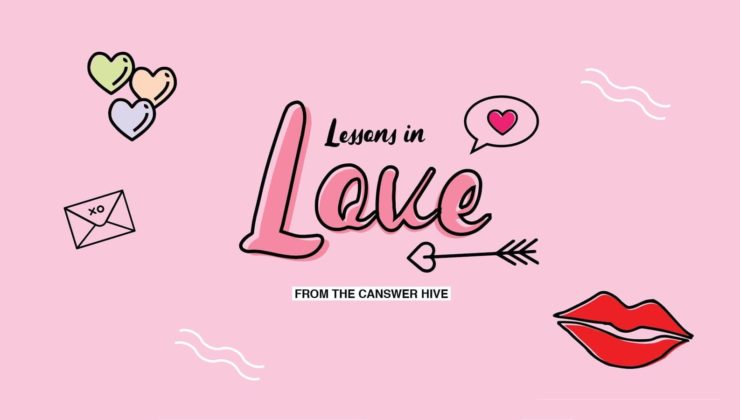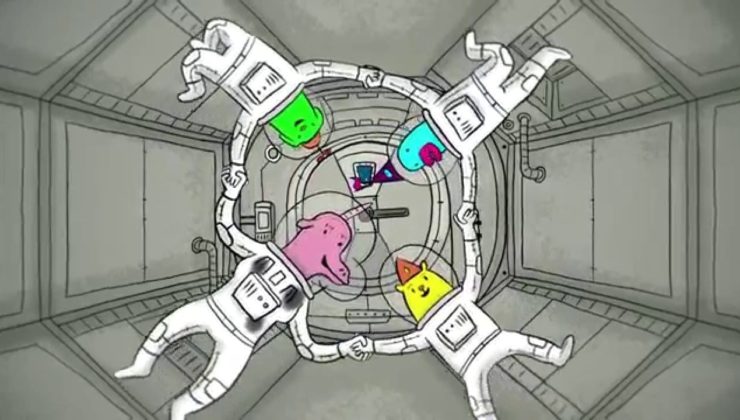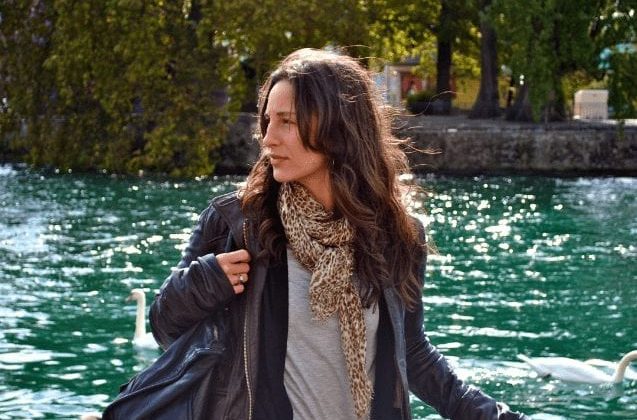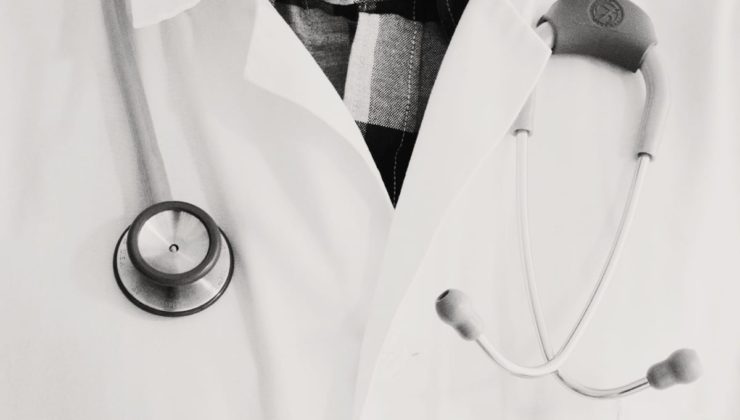THE PSYCHOSOCIAL: 5 Things to note when you love someone with cancer
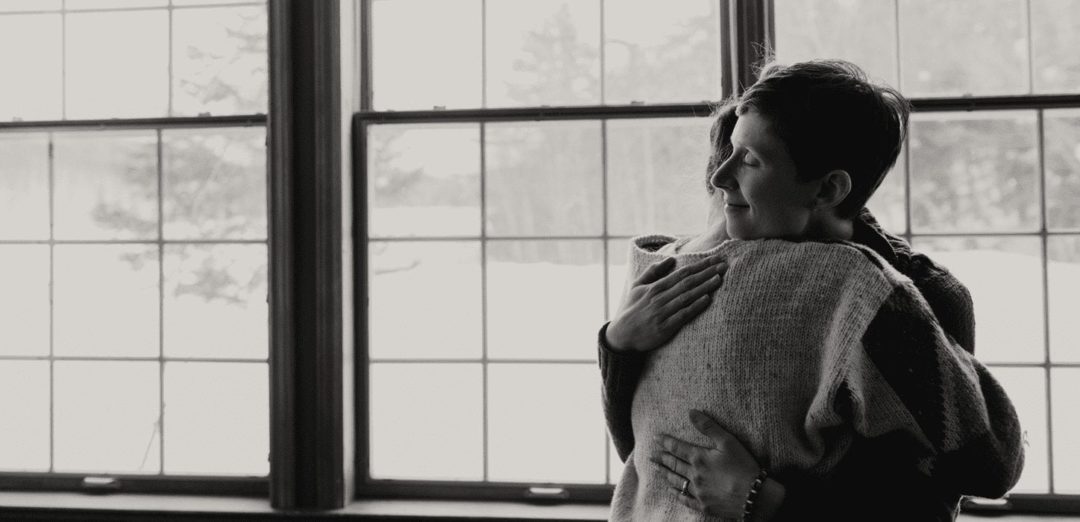
\ˌsī-kō-ˈsō-shəl\ adjective
- of or relating to the interaction between social and psychological factors.
I have offered professional psychosocial support to hundreds of young women with breast cancer, but I have also been a best friend, a granddaughter, a niece, a neighbour and a colleague to some very special people with cancer as well. Being a support person is not always intuitive and it’s complicated because there is no preparation or guidebook for dealing with cancer. Below are some of my best tips for when you love someone with cancer. And at the end of the day, if all else fails, just be there and listen.
Cancer is an emotional rollercoaster
Cancer sucks. The end. There are good days and bad days which make for highs and lows emotionally. This can be difficult to navigate when you are communicating with a loved one going through cancer. Some days they may feel great and you may get lots of smiley emoticons in your texts, and other days they may bite your head off when you ask how they are feeling. As a general rule, follow their lead on the communication front when it comes to asking questions about their cancer or how they are doing. Don’t under estimate the power of statements like “thinking of you today”. It leaves room for them to reveal where their head space is at emotionally. Opt to pick up the phone if they want to talk – hearing a caring voice is comforting! Here are some great tips on what to say and not to say to someone with cancer.
Check your feelings at the door
The news that a loved one has cancer is DEVASTATING. We all handle this news differently and sometimes it can leave us feeling raw and emotional. Resist the urge to let your friend or family member see just how distressed you are. They are managing their own emotions about their disease and should not have to handle yours. Opt to chat to a different friend or confidant about how you are feeling. Often caregivers underestimate just how much they need to be cared for themselves, but this care can’t come from the cancer patient. Also consider other methods of self-care like yoga, a hot bath, journaling or watching a funny movie when overcome by the reality of what is happening to someone you care about. Keep in mind that there will be times when emotions get the better of you with your loved one. A family that cries together, heals together.
Be an advocate BUT advise only when solicited
Going through cancer is often called “a journey” for a reason. There are many paths and many forks in the road from diagnosis, through treatment, and beyond. When it comes to choices and decisions that need to be made, ultimately the patient is in charge, but they are not always easy. There is a certain amount of research that needs to be done, and some advocacy that helps navigate the healthcare system, especially for young cancer patients and those with metastatic cancer. If you are someone who likes to research and advocate, good for you! However, in the wise words of Kenny Rogers, “know when to hold them, and know when to fold them.” There is nothing more frustrating to someone with cancer than unsolicited advice, or anecdotes of other cancer patients. My aunt’s daughter’s friend is using hemp oil and….is going to be upsetting for someone who did not ask you about hemp oil. Also, telling someone what to do, “you need to ask your oncologist about….” can come off as Bossyboots. Opt for gentle reminders like, “have you ever explored…with your oncologist?” instead to empower them to use their own voice. Keep in mind they have had so much of their own power and control stripped from them already when they were told they have cancer; feeling empowered is key.
Do something kind
Don’t underestimate the power of kind gestures. A handwritten note, a casserole dropped off on a door step, or the latest season of GIRLS downloaded on a USB all have their place in the world of caring. No gesture is too small and there are those who aren’t the best at showing their love by talking (or listening). Consider the other members in a family that may need a little TLC as well if they are fielding a lot of the patient’s emotions. You can take her kids out for ice cream, give a gift card for a partner to get a massage, or offer to watch the kids so they can have a date and reconnect. Whatever you do, don’t necessarily expect a thank you card, or a formal thank you at all. People with cancer have the weight of the world on their shoulders and sometimes things get overlooked. Give because it makes you feel good and you want to, not because you expect something in return. Here are some more great suggestions for giving.
Know your limits + make space for cancer friends
If you are a natural caregiver, you may want to be the end all and be all for your loved one when it comes to cancer support. If you are the “go to” you are probably doing something right and providing a huge source of comfort, and it probably leaves you feeling amazing inside. You say yes to EVERYTHING and you are always there, even when you shouldn’t be. You are helping, so what could be so wrong with that? I have two words for you my compassionate friend – BURN OUT. In order for you to be the superhero caregiver that you are, you need to know that saying “no” or “I can’t right now” or “have you asked …” is A-OKAY. You are not going to let them down and they are not going to crumble if you are not there. The saying that it takes a village could not be more true in cancer support. Try to mobilize a community of people that can all lend a hand. If you are not a good organizer, but you know someone else in the person’s life who is, ask them for help. There are many jobs for people to do and why not share the load. In some cases, there may be a need for connection with someone else who is going through cancer. Peer support is a powerful tool because it normalizes their feelings and makes them feel less alienated. There are some wonderful organizations and ways to hook your loved one up with cancer friends (see below). Keep in mind that not all cancer friends are created equal. In the same way your person created their own posse, they will need to curate their cancer friends so they are a good match. Encourage them to find one or two members of their own cancer squad.
Peer Support Resources: YACC WellspringWillow Insta Peer YSC SurvivorLink
– Photo Courtesy of Catherine Hudon/5Mphotographie
For more on being a loved one to someone with cancer, check out our LiveLaughLearn video series HERE.
The Psychosocial provides tips and insight from Shawna, our Senior Manager of Education + Support who has worked with hundreds of young women with breast cancer. Stay tuned for more…



